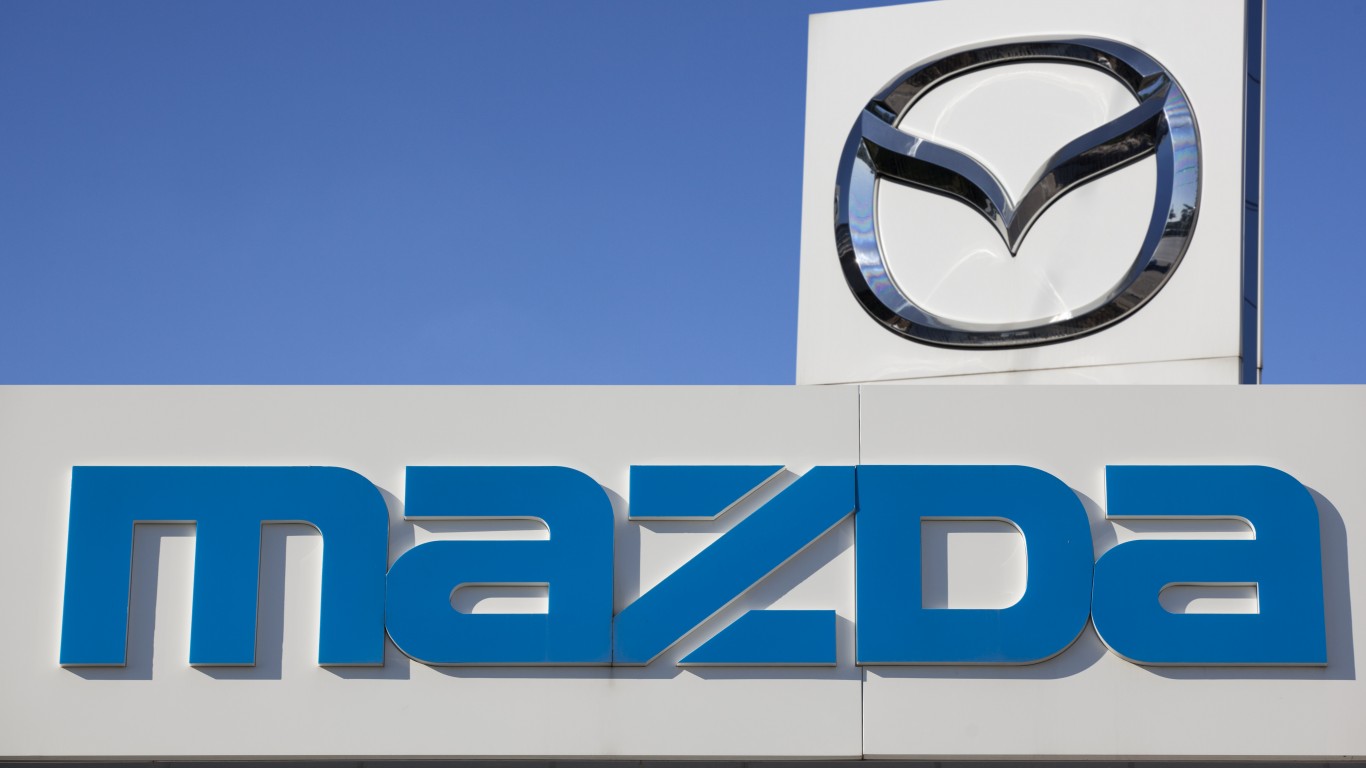Cars and Drivers
Mazda to Revive Rotary Engine in New Electric Models

Published:
Last Updated:

Hiroshima-based Mazda Motor announced this morning that it will build two electric cars, one an all-electric battery-powered vehicle and the other a hybrid that uses the firm’s rotary engine as the range extender to recharge the battery and increase the vehicle’s driving range. Mazda’s rotary engine was first sold in 1967 and the last car to use the engine was the 2012 RX-8.
The company said that by 2030 it plans to have some form of electrification on 95% of the vehicles it produces and that battery electric vehicles will account for 5% of production.
Mazda’s goal by 2050 is reducing so-called well-to-wheel carbon dioxide emissions by 90% based on 2010 levels. To reach those goals the company will develop the vehicles in-house.
Akira Marumoto, Mazda’s CEO, said:
They say that the automotive industry is undergoing a once-in-a-century transformation. At Mazda, we see this as an opportunity to create a new car culture. New trends and technologies in connectivity, autonomy, sharing and electrification offer new possibilities for creating ever more attractive cars.
Mazda’s rotary engines were smaller, quieter and offered more power than a similarly sized piston-driven internal combustion engine. The trade-offs, at the time, were worse fuel economy and higher emissions.
Development on rotary engines never stopped and, although Mazda never said so in its announcement, the company is known to have been working on improvements to the rotary engine.
In 2016, Mazda showed a concept car, the RX-9, rumored to be bringing back the rotary engine in a high-performance car. The car could be on its way to dealers by 2020.
Here’s a photo of Mazda’s 1967 version of the rotary engine taken at the company’s museum.

Retirement planning doesn’t have to feel overwhelming. The key is finding expert guidance—and SmartAsset’s made it easier than ever for you to connect with a vetted financial advisor.
Here’s how it works:
Why wait? Start building the retirement you’ve always dreamed of. Click here to get started today!
Thank you for reading! Have some feedback for us?
Contact the 24/7 Wall St. editorial team.